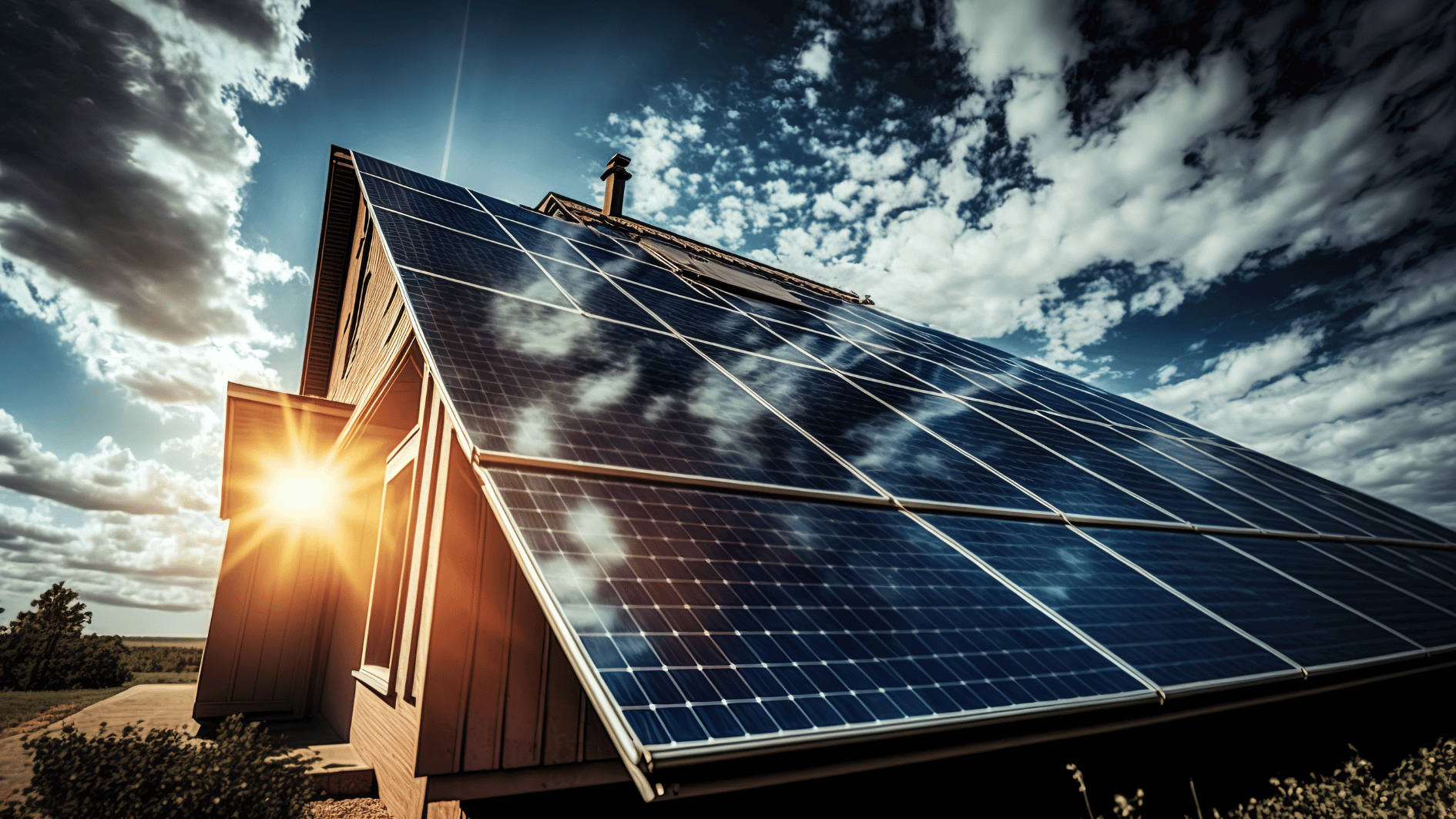Image source: Canva.com
When considering a solar panel system for your home, one of the most important decisions is determining the right size. An 8 kW (kilowatt) solar system is a popular choice for many homeowners, but is it the best fit for your energy needs? This article will guide you through the key factors to consider when evaluating whether an 8 kW solar system is suitable for your household.
Understanding Solar System Size
A solar system’s size, measured in kilowatts (kW), indicates its capacity to generate electricity. The size you need depends on various factors, including your energy consumption, roof space, budget, and future energy goals. An 8 kW solar system can produce approximately 32-36 kWh (kilowatt-hours) of electricity per day, depending on factors like sunlight exposure and panel efficiency. This amount of energy may be sufficient for medium to large households, but several considerations will help determine if it’s right for you.
Evaluating Your Energy Consumption
The first step in deciding whether an 8 kW system is the best fit is to evaluate your current and future energy needs.
Current Energy Usage
Review your electricity bills from the past year to understand your average monthly consumption. Energy usage is typically measured in kWh, and most utility bills will provide this information. An 8 kW system is generally suitable for households that consume between 900 and 1,200 kWh per month.
Future Energy Needs
Consider any factors that might increase your energy consumption in the future, such as adding new appliances, expanding your home, or purchasing an electric vehicle. If you anticipate a significant increase in energy use, you may want to consider a larger system or plan for potential expansion.
Roof Space and Orientation
The available space on your roof and its orientation are crucial factors in determining whether an 8 kW solar system is feasible.
Roof Space
An 8 kW system typically requires around 400 to 600 square feet of roof space, depending on the type of solar panels used. High-efficiency panels require less space, while standard panels may need more. Ensure your roof has enough unobstructed space to accommodate the necessary number of panels.
Orientation and Tilt
The orientation and angle of your roof impact the efficiency of your solar system. South-facing roofs are ideal for solar energy production in the Northern Hemisphere, while east or west-facing roofs can still be effective but may produce slightly less energy. The tilt of your roof also affects the system’s performance, with a tilt angle close to your latitude being optimal.
Solar System Costs and Financial Considerations
The cost of an 8 kW solar system varies based on factors like equipment quality, installation costs, and available incentives. Here’s what you need to consider:
Upfront Costs
The average cost of an 8 kW solar system in the United States ranges from $16,000 to $24,000 before incentives. This includes the cost of solar panels, inverters, mounting equipment, and installation. Higher-quality panels and advanced features like microinverters can increase the price.
Federal, state, and local incentives can significantly reduce the cost of your solar system. The federal solar tax credit, for example, allows you to deduct a percentage of the system cost from your federal taxes. Many states also offer additional rebates or incentives.
Incentives and Rebates
Return on Investment (ROI)
An 8 kW system can provide substantial savings on your electricity bills, leading to a return on investment over time. Calculate your potential savings by comparing your current energy costs with the projected energy production of the system. In many cases, homeowners can achieve a full payback on their investment within 7 to 10 years, depending on their location and energy prices.
Net Metering and Energy Independence
Net metering is a policy that allows solar system owners to receive credits on their utility bills for excess electricity generated by their system and sent back to the grid. This can enhance the financial benefits of an 8 kW solar system.
Utility Credits
If your system produces more energy than you consume during the day, net metering allows you to “bank” those excess credits, which can be used to offset energy costs when your system isn’t producing electricity, such as at night or during cloudy days.
Energy Independence
An 8 kW system can help you achieve greater energy independence, reducing your reliance on the grid and insulating you from rising electricity prices. While it may not completely eliminate your utility bill, it can significantly reduce it, especially if combined with energy storage solutions like batteries.
Environmental Impact
Beyond the financial benefits, an 8 kW solar system can have a positive impact on the environment by reducing your carbon footprint.
Carbon Emissions
Solar power is a clean, renewable energy source that produces no greenhouse gas emissions during operation. By installing an 8 kW solar system, you can offset approximately 8 to 10 tons of carbon dioxide annually, depending on your location and energy production.
Sustainability Goals
If you’re committed to reducing your environmental impact, an 8 kW solar system can play a significant role in meeting your sustainability goals. It’s a proactive step towards reducing reliance on fossil fuels and promoting the transition to renewable energy.
An 8 kW solar system can be an excellent fit for many households, especially those with medium to large energy needs, adequate roof space, and a desire to reduce both energy costs and environmental impact. However, it’s essential to carefully assess your current and future energy consumption, roof characteristics, and financial goals before making a decision. Consulting with a solar professional can provide personalized recommendations and help you determine if an 8 kW system is the best choice for your home. By making an informed decision, you can maximize the benefits of your solar investment and contribute to a more sustainable future.





